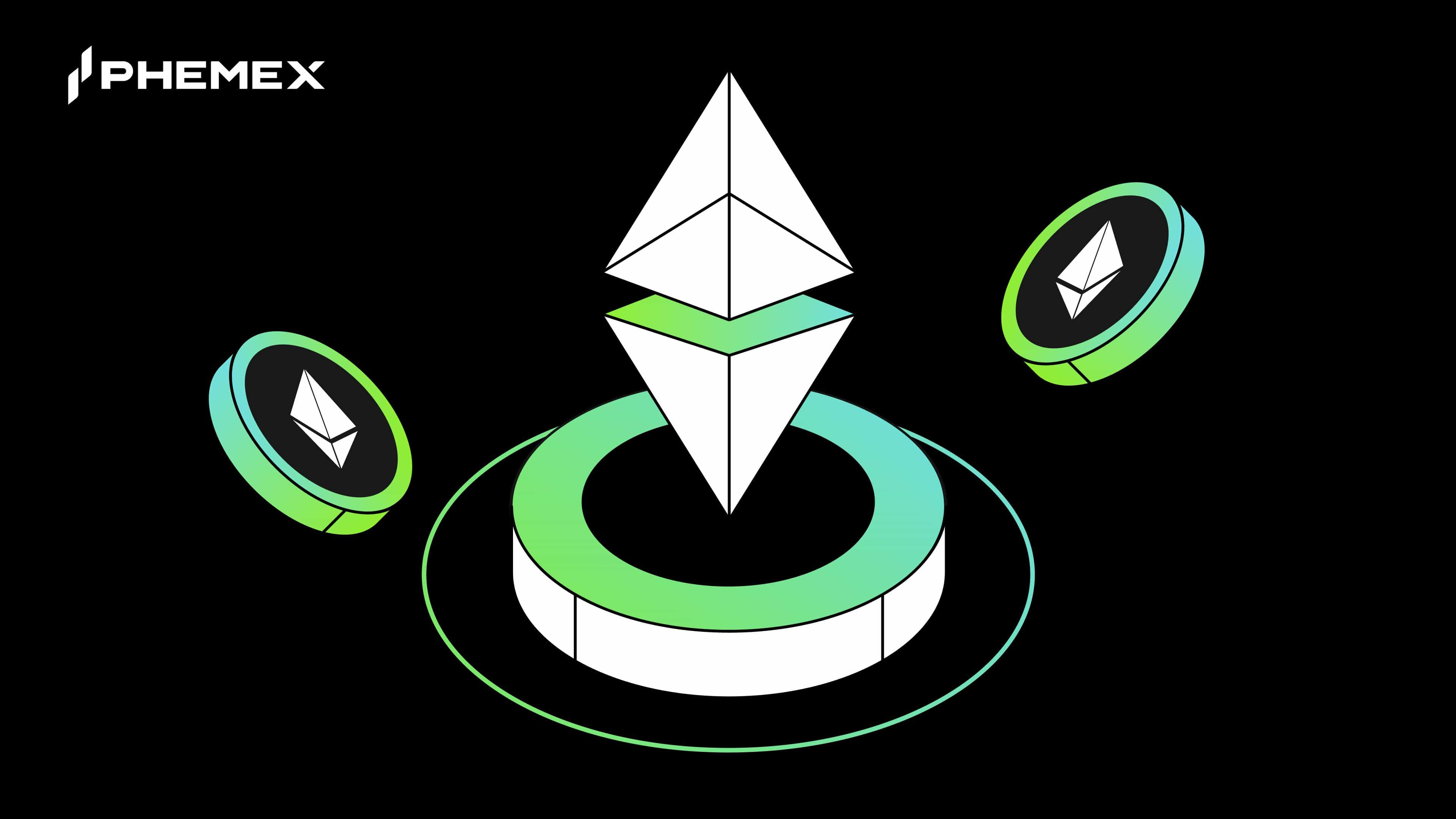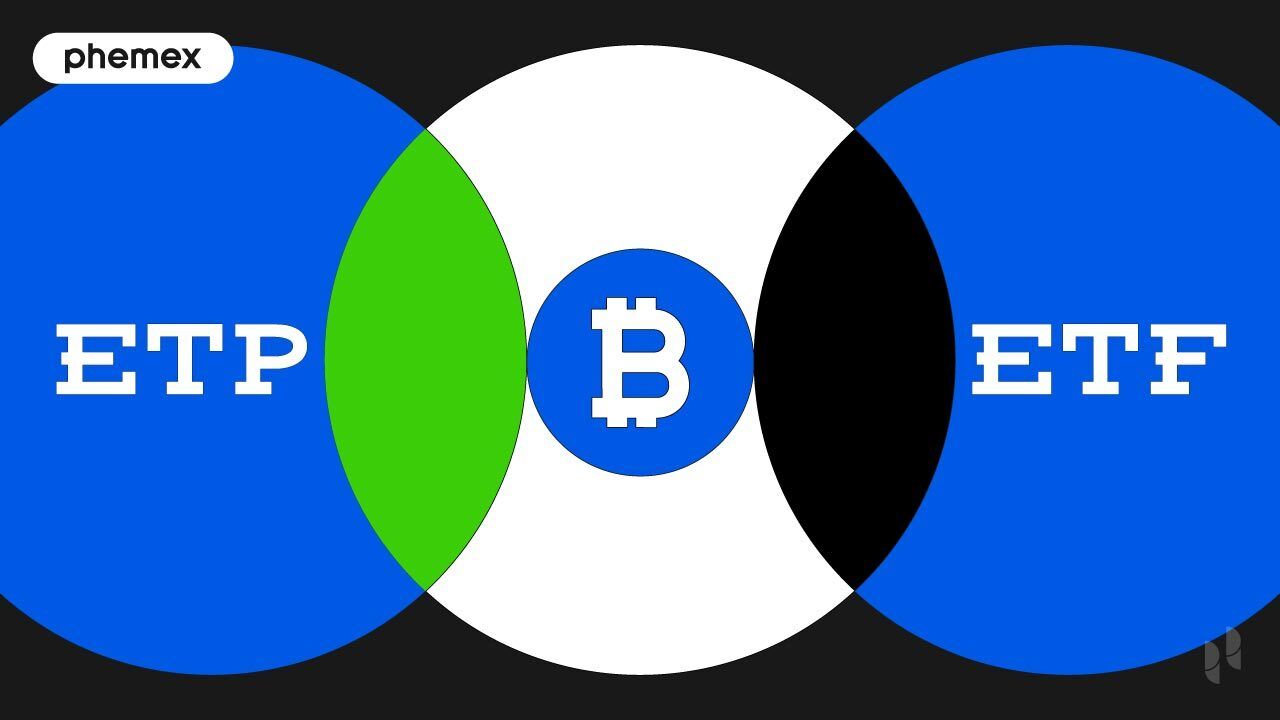What is Dencun?
Ethereum Cancun-Deneb marks a significant progression in the Ethereum blockchain's journey, highlighting a crucial phase of development beyond Ethereum 2.0's foundational enhancements. This upgrade reflects Ethereum's dedication to continuous improvement and adaptation, aiming to meet the ever-evolving needs and technological strides in the blockchain realm. With this new chapter, Ethereum focuses on reinforcing and advancing its core tenets of decentralization, security, and scalability.
The shift from Proof of Work (PoW) to Proof of Stake (PoS) through the Merge was a critical milestone, dramatically lowering the network's energy usage and laying the groundwork for subsequent advancements. The Cancun-Deneb upgrade seeks to capitalize on these achievements, concentrating on pivotal areas essential for realizing Ethereum's vision of facilitating a scalable and efficient decentralized web, commonly referred to as Web3.
Scalability has been a central theme in Ethereum's evolution, especially as the network becomes a hub for a growing array of decentralized applications (dApps), DeFi platforms, and blockchain projects. The demand for a blockchain capable of handling a substantial volume of transactions swiftly and effectively is more pronounced than ever. Cancun-Deneb is poised to tackle these scalability hurdles by potentially incorporating sharding, which would segment the blockchain into smaller, manageable units, thus greatly enhancing the network's transaction processing and data storage capabilities.
Additionally, the upgrade is expected to refine Layer 2 solutions that sit atop the Ethereum blockchain, offering quicker and more economical transaction options. Enhancing the interoperability and functionality of these solutions could provide a smoother user and developer experience, propelling wider adoption and creativity across the ecosystem.
Security remains a paramount concern for Cancun-Deneb, especially as the blockchain ecosystem extends into critical sectors like finance, healthcare, and governance. Ensuring top-notch network integrity and security involves protecting against external threats and fortifying smart contracts and the system's architecture to deter potential exploits.
Ultimately, Ethereum Cancun-Deneb (Dencun) embodies a strategic approach to blockchain innovation, striving to cement Ethereum's status as a premier platform for decentralized applications and initiatives. By tackling fundamental issues of scalability, security, and long-term sustainability, and nurturing a conducive environment for innovation, Ethereum is laying the groundwork for a robust decentralized future. This commitment to ongoing enhancement and responsiveness to technological shifts underscores the Ethereum community's resolve to lead in the blockchain space.
How does Ethereum Cancun-Deneb (Dencun) work?
The Ethereum Cancun-Deneb (Dencun) upgrade, envisioned as an ambitious or forthcoming enhancement, is set to deploy a suite of advanced technical refinements and adjustments in the protocol designed to elevate the functionality of the Ethereum blockchain significantly. This enhancement is geared towards tackling some of the core issues plaguing the Ethereum network, with a special emphasis on enhancing scalability, operational efficiency, and the experience for both users and developers. A closer look at the components proposed for the Cancun-Deneb upgrade provides a glimpse into the transformative potential it holds for the Ethereum ecosystem.
Sharding emerges as a key innovation, aimed at dramatically improving the network's ability to scale. This involves segmenting the Ethereum blockchain into several shards, each with the capability to independently process transactions and smart contracts, thereby boosting the network's capacity to handle a higher volume of transactions. This segmentation not only reduces the burden on each individual shard but also enables transactions to be processed in parallel, potentially decreasing transaction times and costs significantly. Sharding is seen as a critical step towards fulfilling Ethereum's ambition to support a broad spectrum of decentralized applications efficiently and cost-effectively.
Layer 2 Integrations are another foundational element of the Cancun-Deneb upgrade. These integrations aim to enhance the interoperability and functionality of Layer 2 solutions, like rollups, which aggregate multiple transactions off-chain before finalizing them on the Ethereum mainnet. This strategy is designed to alleviate network congestion and reduce transaction fees further, working in tandem with the sharding mechanism to offer a seamless and economical experience for both users and developers.
Protocol Improvements are slated to refine the underlying Ethereum protocol. This includes modifications to the consensus mechanism, advancements in data storage solutions, and updates to cryptographic algorithms to bolster security and privacy. Such enhancements are intended to safeguard the network against a spectrum of security threats while boosting its overall efficiency, keeping Ethereum at the cutting edge of blockchain innovation.
Smart Contract Upgrades form an integral part of this upgrade. With the introduction of new features and a more user-friendly approach to smart contract development, Ethereum seeks to make it easier for developers to create applications. This initiative is expected to spark a surge in the development of innovative and creative decentralized applications, further diversifying the Ethereum ecosystem. Potential improvements include expanded programming functionalities, enhanced efficiency in gas usage, and upgraded security measures to mitigate vulnerabilities in contracts.
The advantage of Ethereum Cancun-Deneb (Dencun)
The Ethereum Cancun-Deneb upgrade is poised to bring about transformative changes to the Ethereum ecosystem by focusing on critical enhancements in scalability, security, sustainability, and the overall experience for developers. These improvements are set to bolster the network's efficiency and engagement, reinforcing Ethereum's role as a pioneering and sustainable blockchain platform.
At the core of the Cancun-Deneb upgrade is a significant leap in scalability. This upgrade promises to expand Ethereum's ability to handle transactions dramatically, a vital development for supporting the increasing demands of current and future high-volume applications. Through the adoption of sharding techniques and the refinement of Layer 2 solutions, the upgrade seeks to alleviate network congestion considerably. The anticipated reduction in transaction fees is expected to enhance Ethereum's appeal, encouraging broader utilization of decentralized finance (DeFi) solutions and other blockchain-driven innovations.
Security improvements stand as a cornerstone of the upgrade, crucial for maintaining the network's reliability and trust. Cancun-Deneb is designed to upgrade the core protocols and enhance the functionality of smart contracts, aiming to shield Ethereum from both existing and potential security threats. This effort includes mitigating smart contract vulnerabilities and boosting the network's defenses, thus safeguarding the digital assets and data of Ethereum users.
Sustainability is another key focus, reflecting the increasing importance of environmental considerations in technology development. By optimizing consensus mechanisms and network processes, the Cancun-Deneb upgrade seeks to reduce Ethereum's energy usage, aligning with wider environmental goals and appealing to eco-conscious stakeholders within the blockchain community.
Enhancing the Developer Experience is a pivotal aspect of Cancun-Deneb, with the upgrade introducing new functionalities and streamlining smart contract creation. Simplifying the development process on Ethereum not only lowers barriers for newcomers but also enriches the toolset available to seasoned developers. This initiative is poised to invigorate the ecosystem with innovation, enabling the creation of more complex and varied decentralized applications. Such advancements are expected to draw fresh talent to the Ethereum community, fostering network expansion and diversity.
The challenges of Ethereum Cancun-Deneb
With the Ethereum Cancun-Deneb upgrade comes a wave of significant advancements and innovations designed to elevate the Ethereum network. However, alongside these benefits, there are several challenges and potential drawbacks that necessitate thorough evaluation. Such challenges are common in the realm of complex technological upgrades and are not exclusive to the Ethereum upgrade.
Complexity stands out as a paramount concern. The Cancun-Deneb upgrade, with its introduction of sophisticated functionalities like sharding and improved smart contract features, inherently increases the network's complexity. This added complexity could inadvertently pave the way for new vulnerabilities or bugs, unforeseen in the network's simpler predecessors. It also poses a barrier for new developers, potentially hindering the pace of innovation and broader adoption within the ecosystem.
Adoption represents a considerable obstacle as well. The diverse Ethereum community, encompassing validators (formerly miners), developers, and users, each brings their own perspectives and concerns to the table. Fundamental changes to the network's mechanics or its economic framework might face pushback, complicating the achievement of a consensus across this broad spectrum of stakeholders. This discord could lead to community splits or forks.
Transition Periods are another issue, potentially causing temporary disruptions or a dip in network performance. As the community adjusts to the new upgrades, there might be instances of downtime or diminished efficiency, temporarily affecting the user experience and the operation of decentralized applications (dApps) on the Ethereum platform.
Costs related to adjusting to the new standards or features introduced by Cancun-Deneb can be significant in the immediate term. Developers might be required to overhaul or update their dApps to ensure compatibility with the upgraded network, incurring both time and financial expenditures. Users may also encounter a learning curve as they familiarize themselves with updated processes or interfaces. Although these investments are expected to yield long-term benefits in terms of scalability and operational efficiency, they initially pose an adoption barrier and could tax available resources.
Additionally, educational gaps could emerge as a notable challenge, necessitating efforts to acquaint both existing and prospective platform users with the nuances of the updated system. The availability of comprehensive, accessible educational content will be critical in bridging these gaps, ensuring a seamless transition for all involved.
Read More
- Ethereum 2.0 – Everything You Need to Know
- What is Ethereum Casper and Why We Need It?
- What is Ethereum Layer 2 & How does it Work?
- The Ethereum Virtual Machine: How Does it Work?
- What Are Decentralized Applications (dapps)?
- What Is Ethereum: Ground Zero of the Next Digital Era
- What is Sharding in Blockchain?
- What is The Ethereum Merge: A $200 Billion Blockbuster Upgrade







